Despite the shadow of Russian missiles looming over the Ukrainian capital, the International Defense Industry Forum is still being held, reminiscent of the annual gatherings in Washington and London. But this one has a bigger significance: Ukraine is seeing its backers run out of arms budgets and others are increasingly wary of investing more in supporting Ukraine in its war.
With its move aimed squarely at arms manufacturers around the world, Ukraine is trying to take control of the situation.
“This is a matter of survival,” said Pavel Verkhniatskyi, a partner at COSA Intelligence Solutions in Kyiv. Ukraine’s hope of relying on aid from partner countries is limited, as their decisions can be overturned after just one election.
At the start of the summit, Volodymyr Zelensky said that co-production agreements “have already begun to be negotiated with partner countries” and that he had earmarked an investment in the national budget to support these collaborative efforts. Former Google CEO Eric Schmidt also spoke at the event, along with NATO Secretary General Jens Stoltenberg.
Ukraine was already an industrial giant, producing heavy machinery, engines for Russian warships and military aircraft, as well as armored vehicles, aircraft and small arms. Many of those facilities were damaged in the conflict. But Ukrainian officials were still reaching out to Western defense companies to secure investment and production deals in Ukraine before the conflict ended.
Two European defense contractors have confirmed their participation. Rheinmetall, a German arms manufacturer, said it would partner with Ukraine’s state arms manufacturer, Ukroboronprom, to help produce tanks and armored vehicles. Britain’s BAE also announced it would open an office in Kyiv and is looking to set up a production line for 105mm artillery in Ukraine.
France is also responding positively to the idea of co-production. About 20 French business leaders visited Kyiv, accompanied by the head of the French armed forces, Sébastien Lecornu, for a meeting with representatives from more than 250 companies from the US, Europe and Asia.
The Czech Republic also attended the event with a large delegation, expressing its willingness to invest heavily in helping Kyiv push back against Russia. The Czech Republic’s largest defense company has for months been creating jobs for Ukrainians at its factories, mass-producing night vision goggles, ammunition and other weapons in a joint production agreement with Ukrainian companies. A Czech official who attended the event said they wanted to move the production line to Ukraine as soon as possible.
These decisions are part of a broader effort by Ukrainian officials to “make Ukraine the Israel of Europe — self-sufficient but with support from other countries,” said Daniel Vajdich, director of Yorktown Solutions. Those efforts will hinge on co-production agreements that “help to strengthen regional production capabilities in the early stages and then Ukrainian production capabilities if possible.”
Kyiv’s leadership is keen to accelerate those steps as soon as possible, an urgency reinforced by comments from Western officials in recent weeks that military aid is drying up and allies have failed to ramp up production to keep up with demand.
“We cannot keep providing aid from our stockpiles forever,” said a European official, speaking anonymously because of the sensitivity of the issue.
The official said the war in Ukraine still enjoys public and political support, but they “have limited aid to the extent that it does not affect national security.”
After 18 months of intense fighting, Europe's weapons stocks are running low, but a Biden administration official said there are hopes that countries can work together to find a solution.
“The depletion of reserves is inevitable, especially given the size of the aid packages to Ukraine. What worries us is the possibility that our partners do not have a solution to this problem. However, the whole world is ready to cooperate and strengthen industrial production bases.”
This enthusiasm also faces the reality that it will take companies – and countries – a long time to invest in existing lines and build new ones.
Russia’s posture and China’s rapid military modernization have both caused Ukraine’s biggest backers to look at Ukrainian equipment and wonder what it needs. While governments are willing to support Ukraine to chip away at Russia’s war machine, they are also concerned about what they will have left if their own sovereignty is challenged.
“After two years, we need to have a new discussion because we cannot continue to provide aid and see our equipment destroyed in Ukraine,” said General Stéphane Mille, chief of staff of the French Air Force and Space Force in Washington. “There are some options for negotiations between Ukraine and other companies, and then there is the financial aspect, which France can help pay for” to help set up production lines.
Adding fuel to the fire was Poland's recent announcement that it would halt aid to Ukraine in order to ensure its own defense capabilities were strengthened first.
More bad news for Kyiv came this weekend after the US Congress proposed a deal to temporarily fund the US government, but cut billions of dollars in aid to Ukraine.
The Ukraine Security Assistance Initiative, the program behind the aid packages that have sent U.S. weapons systems to Ukraine, has nearly run out of money. The Defense Department still has $5.4 billion in weapons it can send to Ukraine, but it lacks the funds to replenish its own stockpiles.
Many questions remain unanswered about the scale of weapons production Ukraine can achieve while Russian missiles and Iranian aircraft continue to wreak havoc on critical infrastructure, the conflict shows no signs of slowing down even as partner countries are starting to worry about how much weapons they can still provide.
Kyiv maintains that it has no choice but to find companies to help it produce its own weapons.
“Ukraine’s top priority is to become self-sufficient because even if the conflict ends today, Ukraine still needs to become a shield for Europe in the future,” said Verkhniatskyi of COSA Intelligence Solutions.
Nguyen Quang Minh (according to Politico)
Source



![[Photo] Prime Minister Pham Minh Chinh chairs conference on anti-smuggling, trade fraud, and counterfeit goods](https://vphoto.vietnam.vn/thumb/1200x675/vietnam/resource/IMAGE/2025/5/14/6cd67667e99e4248b7d4f587fd21e37c)




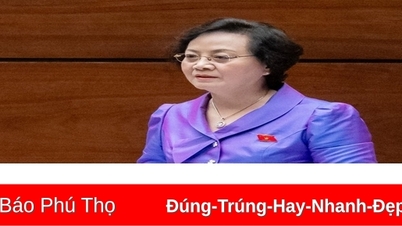

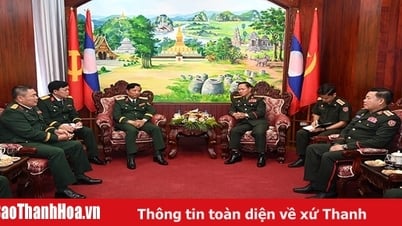

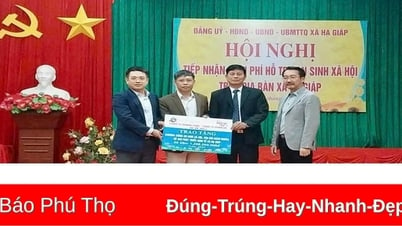



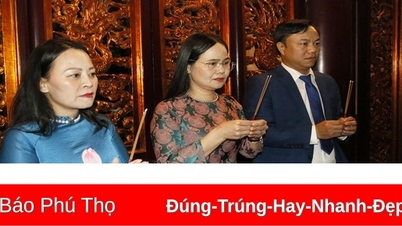
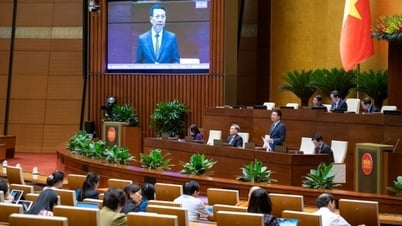
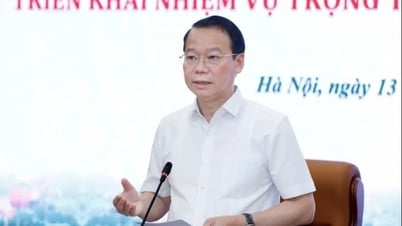
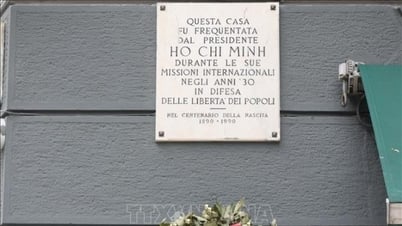
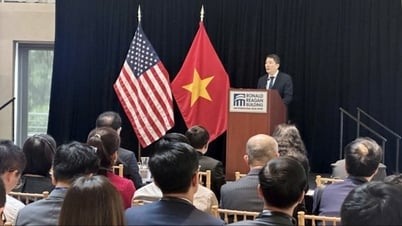
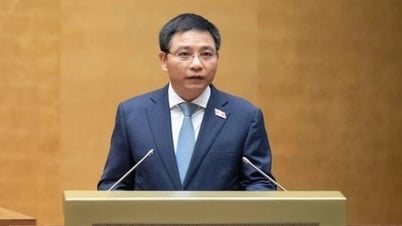
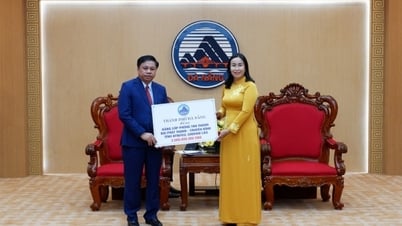




















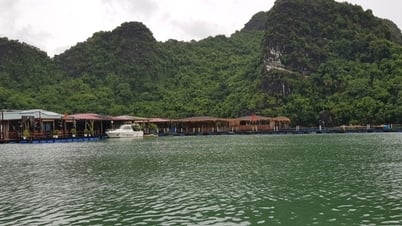











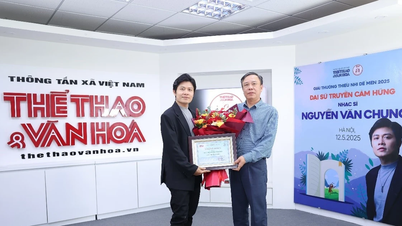
















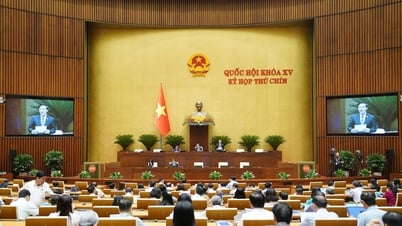

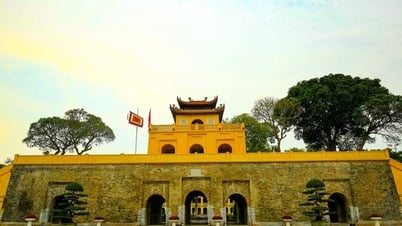

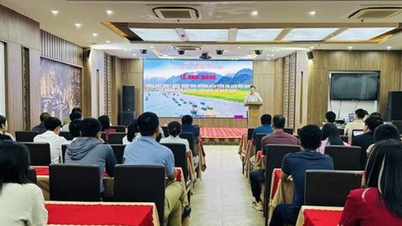

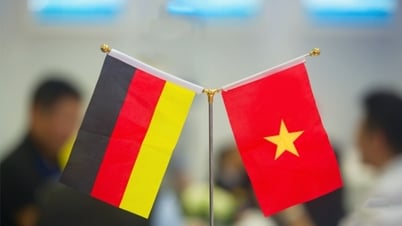

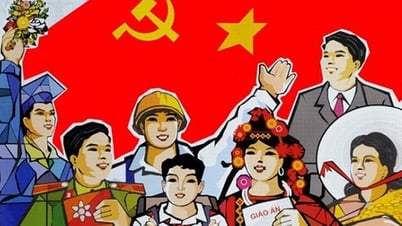
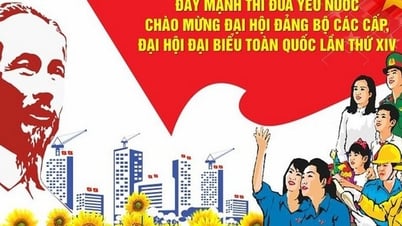
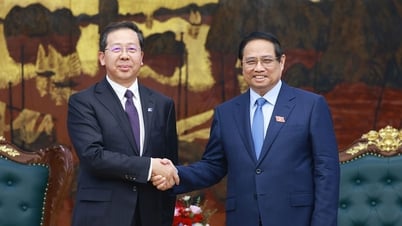





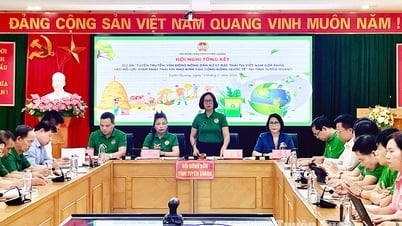

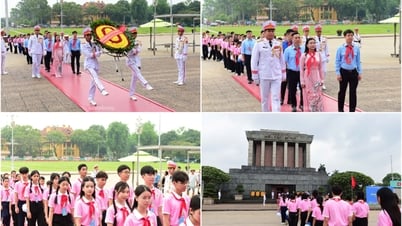

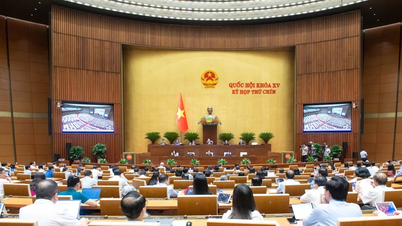










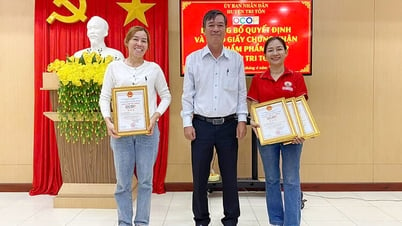

Comment (0)